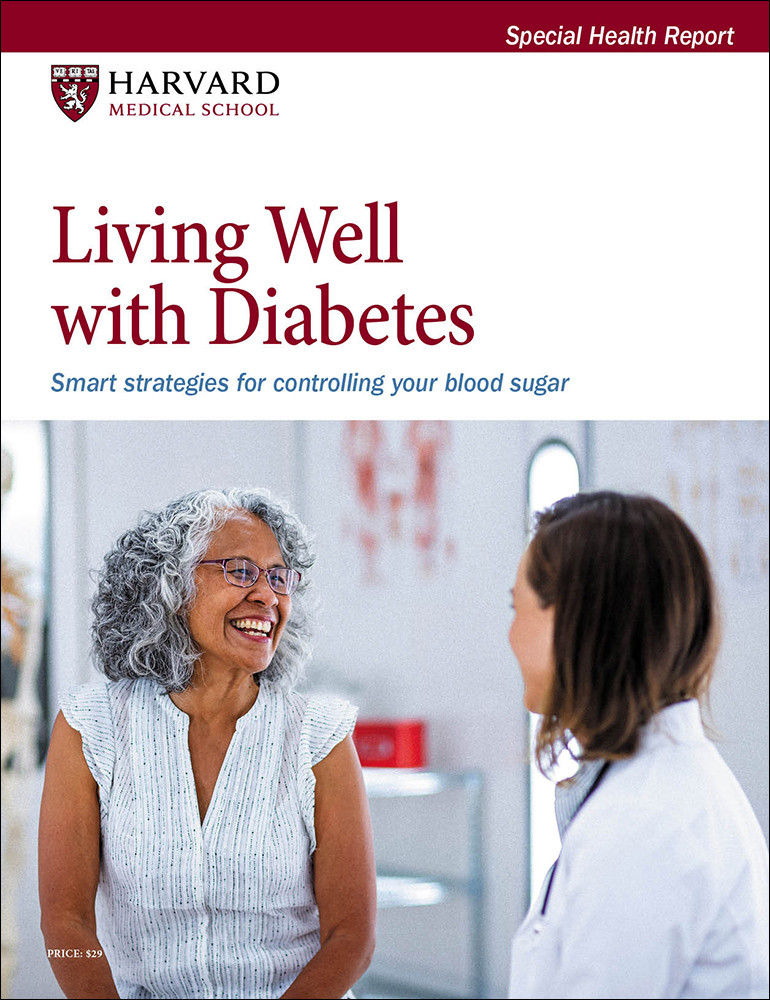Body roundness index may predict heart disease risk
Research we're watching
- Reviewed by Christopher P. Cannon, MD, Editor in Chief, Harvard Heart Letter; Editorial Advisory Board Member, Harvard Health Publishing

The body roundness index, or BRI — defined as height in relation to waist circumference — may be a good way to predict heart disease risk, new research finds.
From 2011 to 2020, researchers measured the waistlines of nearly 10,000 Chinese adults every two years. They then analyzed the participants' BRI trajectories over six years and divided them into three groups (low, moderate, and high BRI). Over the next four years, they tracked cardiovascular problems among the participants.
Compared with people in the low-BRI group, the risk of heart disease in the moderate-BRI group was 61% higher, and the risk in the high-BRI group was 163% higher.
Extra fat in the abdominal area has long been linked to a higher risk of heart disease. Unlike body mass index (BMI), which is based on weight in relation to height, the BRI considers the location of the excess weight. However, further research is needed to validate the BRI as a way to predict heart disease. The study was published Sept. 25, 2024, in the Journal of the American Heart Association.
Image: © bjdlzx/Getty Images
About the Author

Julie Corliss, Executive Editor, Harvard Heart Letter
About the Reviewer

Christopher P. Cannon, MD, Editor in Chief, Harvard Heart Letter; Editorial Advisory Board Member, Harvard Health Publishing
Disclaimer:
As a service to our readers, Harvard Health Publishing provides access to our library of archived content. Please note the date of last review or update on all articles.
No content on this site, regardless of date, should ever be used as a substitute for direct medical advice from your doctor or other qualified clinician.
















